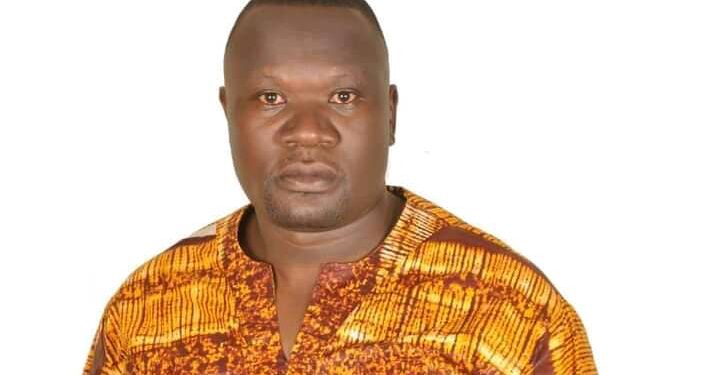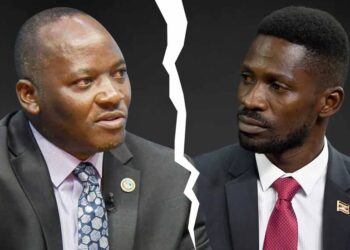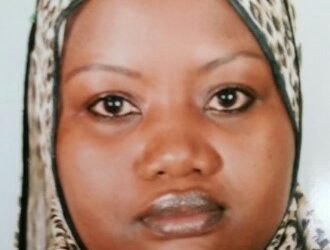The long wait for the reshuffle of Resident District/ City Commissioners (RDCs and RCCs) finally came to an end last week following the release of the changes, and appointments by the head of state.
The newly released list has since spurred a mixture of reactions, with praise and criticism heading the way of those directly, and indirectly charged with key decision-makers on the subject in almost uniform measures.
Even though the new changes have been greatly hailed for attracting fresh blood into the system, and catering for districts previously marginalized in previous deployments, complaints, and criticisms have equally come in almost equal measure.
The National Youth Leadership of the ruling party had reportedly petitioned the Presidency protesting what they say was the marginalization of its structures in the appointments. The Minister has since met them, and probably discussed alternatives.
This has been amplified by similar concerns from some districts, especially from Western Uganda citing a lack of national character in the allocation of the limited slots.
What’s so surprising is that all aggrieved parties are having their barrels directed toward the Presidency Minister Milly B Babalanda, disregarding the fact that she is just a conduit in the flow of things but the real appointments are made by the President himself.
The deployment of RDCs is enshrined in the 1995 constitution, and it’s been around since the advance of the NRM rule in 1986. In the past, it was largely seen as slots for cadres in advanced age nearing retirement, a picture that seems to have greatly been erased. Going by the recent appointments, the emphasis seems to have been put on improving service delivery and easing mobilization by injecting more energetic youth power into the system.
Some concerns have also been heard from various districts aggrieved for their people either missing out completely or getting fewer slots than they had wished. The explanation here is simple. When it comes to service delivery, the President rarely uses districts as part of the canonicity for choosing who to deploy, but rather a competence. It’s not been uncommon that a single district has three cabinet members, yet another doesn’t have at all.
Then some districts have dominated these allocations for years, and others have not had any.
Areas like Acholi, Lango, Teso, Karamoja, Bugishu seem to have been amply catered for by the president, reflecting their commendable role in the victory of NRM in the 2021 elections.
Even though breaking the dominance wasn’t done in bad faith by the President, it could be an avenue for fair distribution as those who felt marginalized in the past can finally smile.
By far, the appointments look more realistic on paper than not. Most of the appointees are tried and tested cadres who have demonstrated the highest degree of resilience in mobilizing and defending the party. With the mentorship received from the various structures of the party and the government, there is hope, not even the sky will be the limit. The public should just watch, encourage and support them to guarantee their success.
As for the many who missed what, but deserve it, it’s indeed painful, though unavoidable. The NRM party is a mass party with cadres at all levels which brings a problem of choice at all times. There is no doubt most of us were suited for those appointments but how could we all be absorbed at the same time? I implore us to remain focused and united. Let’s continue serving in any capacities whenever called upon as we wait for our time. Who knows it will come tomorrow or the other day?
The Writer is the Deputy RDC, Soroti East Division
Do you have a story in your community or an opinion to share with us: Email us at editorial@watchdoguganda.com














